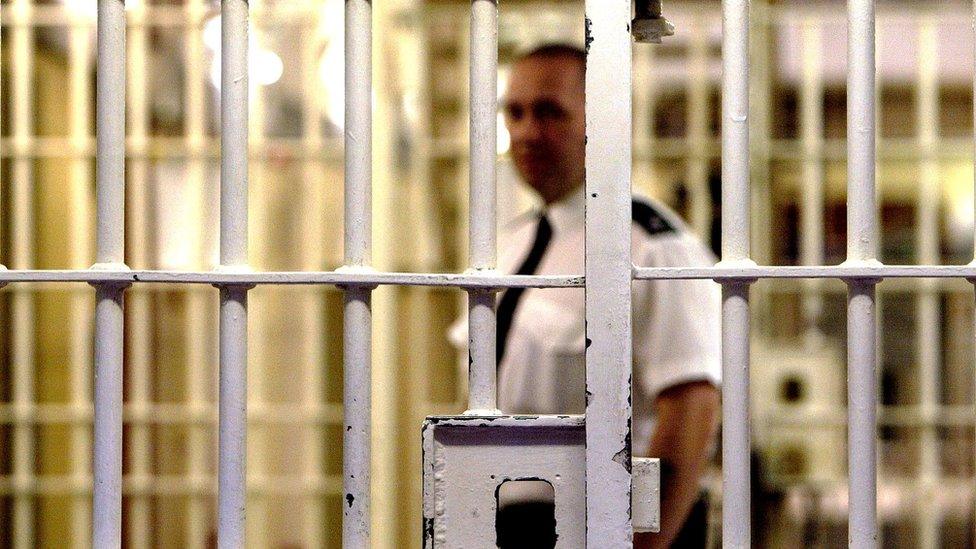Rise in offenders on probation charged with serious crime
- Published

A rise in the number of people on probation being charged with serious crimes has prompted calls for the service to be renationalised.
Figures show the number of reviews carried out after an offender committed a further offence such as murder has risen by more than 100 since 2012.
Probation was part-privatised in 2014 but Plaid Cymru MP Liz Saville Roberts said that decision was wrong.
The Ministry of Justice said the figures used were misleading.
Ms Saville Roberts' comments followed the data provided by Justice Minister Sam Gyimah.
It showed there had been a rise in the numbers of offenders on probation charged with serious crimes, such as rape or murder, since reforms were implemented.
A total of 517 reviews were triggered in England and Wales in 2016-17 after charges for murder and other offences. This was a rise of more than 100 since 2012.
In 2015-16 there were 507 reviews
In 2013-14 there were 429 reviews
In 2012-13 there were 409 reviews
In 2011-12 there were 441 reviews
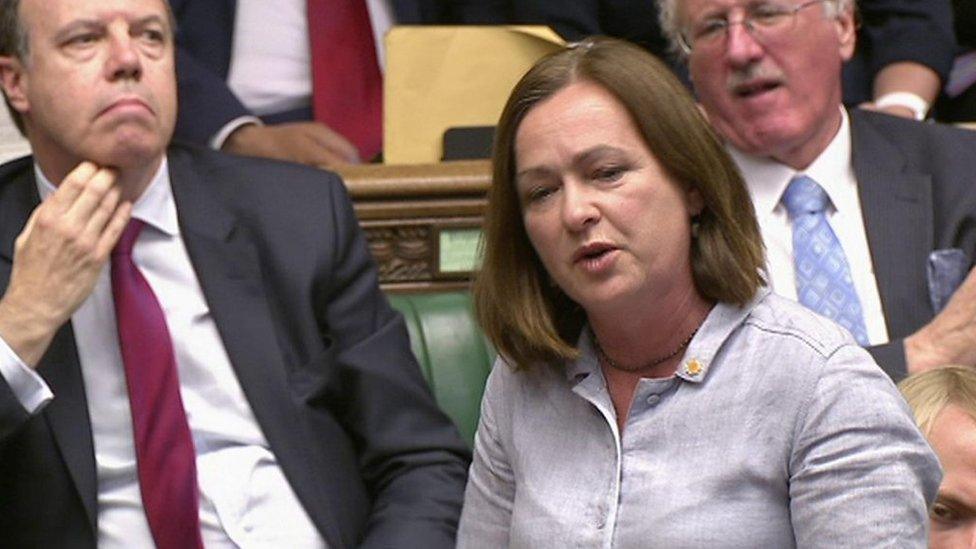
Liz Saville Roberts wants devolution of policing in Wales
In 2014 the public sector organisation National Probation Service (NPS) was created to deal with high-risk offenders - but remaining work was assigned to 21 new Community Rehabilitation Companies (CRCs).
They replaced the former probation trusts and gave private firms a greater role.
Ms Saville Roberts said: "The British Government needs to admit it was wrong and commit to renationalising the probation service."
She said this should include responsibility over justice in Wales being devolved to the Welsh Government.

Conner Marshall was found in a life-threatening condition after being beaten with a pole at Trecco Bay caravan park
Nadine Marshall, whose son Conner was murdered by a man on probation, called for a radical reform of the rehabilitation system saying it was "not fit for purpose".
Conner Marshall, from Barry in the Vale of Glamorgan, died four days after he was attacked at a Porthcawl caravan park in March 2015.
David Braddon, 26, of Caerphilly was jailed for life for his murder.
Ms Marshall told the BBC's Victoria Derbyshire programme victims and their families were being failed by the probation system.
"We do not have the luxury of any support, any support we find we have to go looking for it," she said.
"On top of that you are in the midst of possibly a trial or a police investigation as well as the trauma, as well as the stresses of trying to keep your ship afloat, when the evidence is there that the system is failing right from the very top down."
"It is not fit for purpose at all - it wasn't in 2013 and it isn't now."
'Misleading figures'
Mr Gyimah, in his response to the written question from Ms Saville Roberts, said: "A mandatory serious further offence review is triggered where an offender under statutory probation supervision is charged with murder, manslaughter, rape or certain other serious violent or sexual offences.
"Not in all cases will the charge result in a conviction for an SFO."
A Ministry of Justice spokeswoman said: "In 2014, we reformed our approach to probation so that for the first time ever, all offenders given a custodial sentence receive probation support and supervision on release.
"It is therefore misleading to compare the number of serious further offences prior to our reforms with subsequent figures, as the number of people on probation is now significantly higher than before.
"A thorough investigation is always carried out when someone commits a serious further offence to see whether anything could have been done differently."
- Published15 December 2016
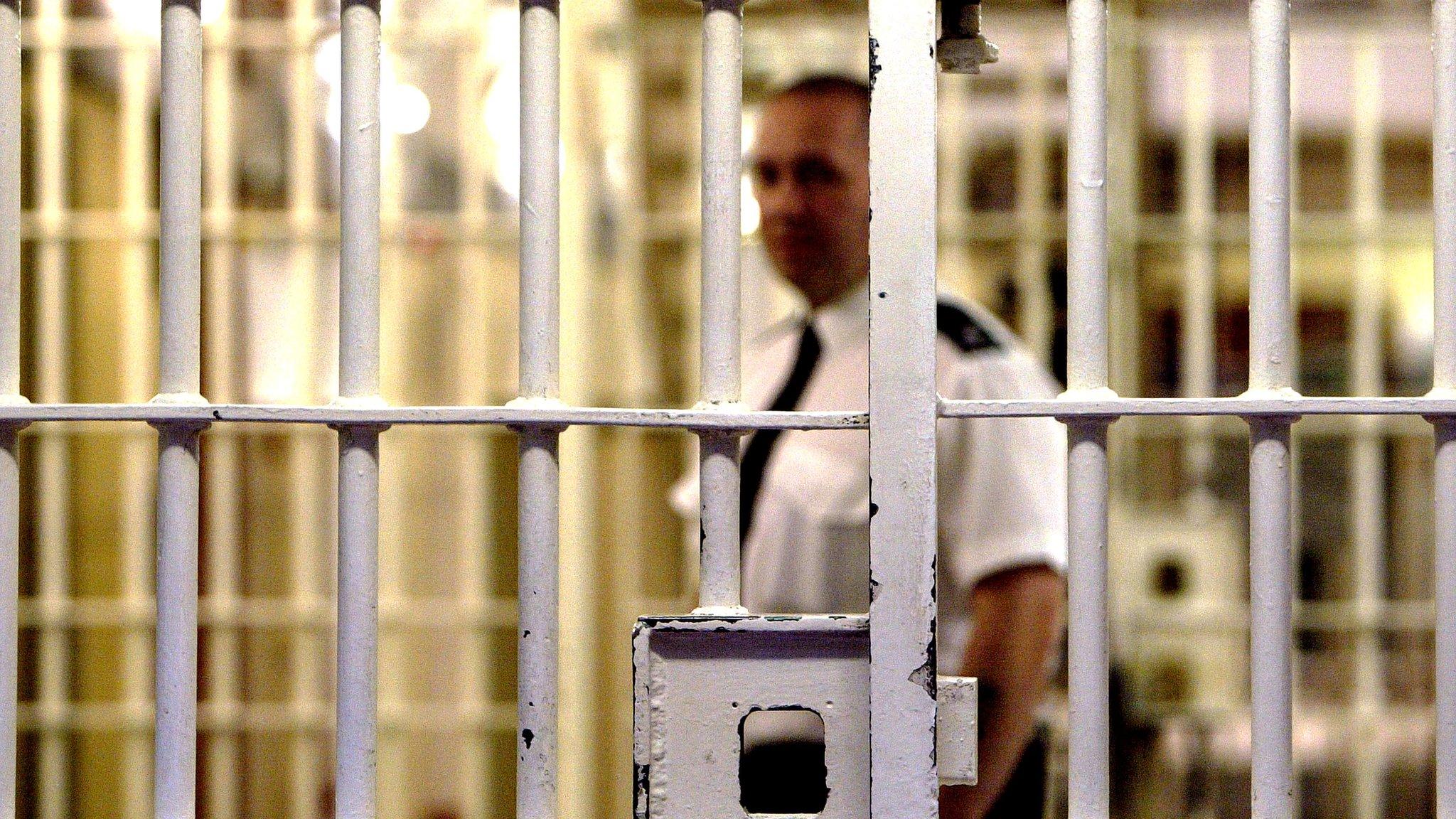
- Published20 March 2017
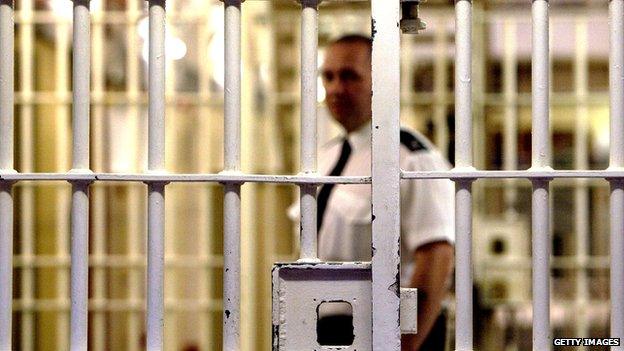
- Published19 April 2017
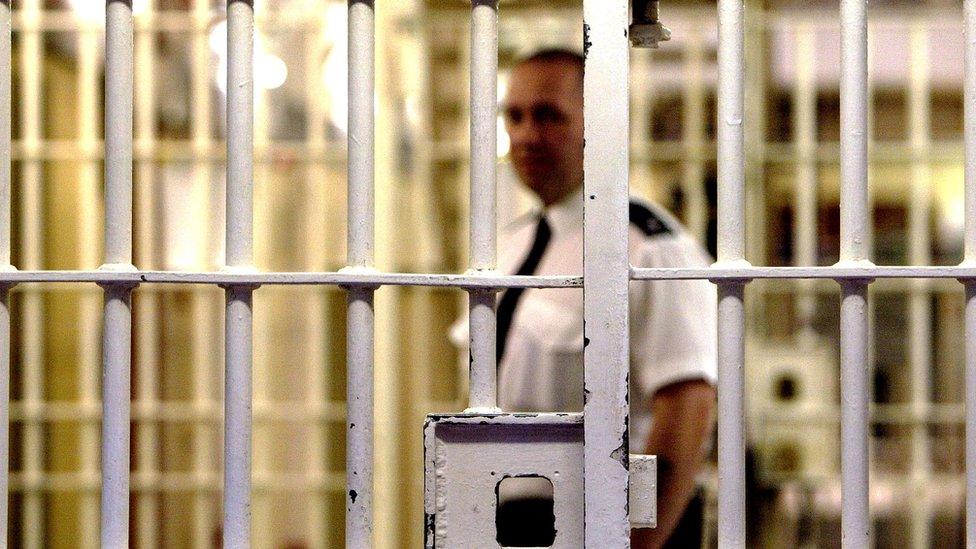
- Published16 February 2017
